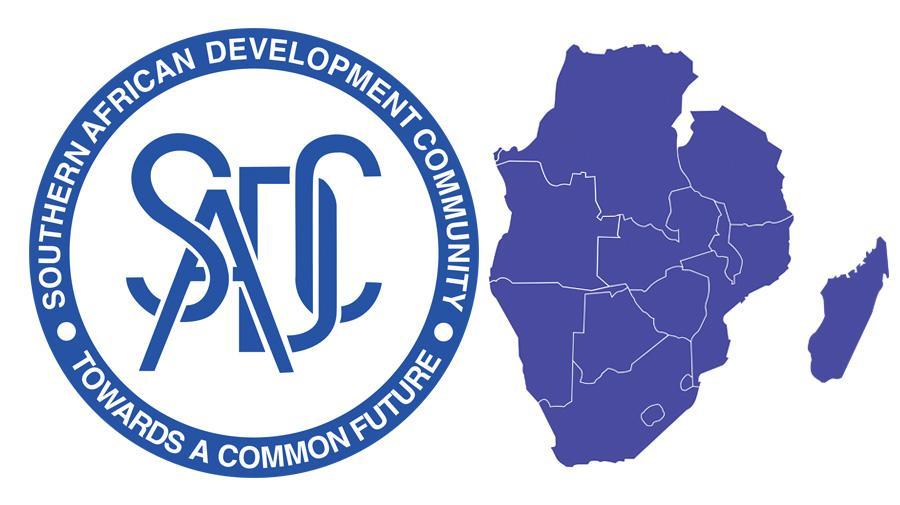Africa-Press – Botswana. Botswana’s aspiration to attain the SADC Industrialisation Strategy and Roadmap 2015–2063, which aims to enhance competitiveness and deepen intra-regional trade through structural transformation, is on course.
This will lead to increased manufactured goods and exports in the region.
To that end, President Dr Mokgweetsi Masisi will share notes with his regional counterparts during the 43rd Ordinary Summit of SADC Heads State and Government themed; Human and Financial Capital: The Key Drivers for Sustainable Industrialisation of the SADC Region in Luanda, Angola on Thursday.
In an endeavour to nurture the spirit of entrepreneurship within SADC, member states have developed and adopted the SADC Industrialisation Strategy, which will also go a long way in enhancing the benefits of Africa Continental Free Trade Agreement (AfCTA).
Endorsed by President Dr Masisi’s Reset Agenda, which envisions a Botswana that is effective with proper working infrastructure and systems, the regional industrialisation strategy is aimed at market integration, industrialisation, enhancement of productivity, improving competitiveness and innovation.
With Botswana’s aspiration to be a high-income economy by the year 2036, the Economic Recovery and Transformation Plan as well as the Reset Agenda, has identified industrialisation as one of the sectors to immensely contribute in the industrialisation drive and economic diversification.
Speaking on the sidelines of the SADC Council of Ministers meeting, Minister of Trade and Industry, Mr Mmusi Kgafela said government had, through the guidance of President Masisi’s Reset and Reclaim Agenda, set in place several initiatives that proved to take a lead in promoting industrialisation and economic sustainability.
“The Reset and Reclaim Agenda envisions a Botswana that is effective with proper working infrastructure and systems, with a citizenry that has globally competitive skills and attractive to international investors and experts,” Minister Kgafela said.
To achieve this, Minister Kgafela said policy implementers should play a complimentary role of ensuring the roll out and adequate monitoring of government industrialisation promotion policies, which would lead to the radical economic transformation that government wants to achieve.
Minister Kgafela further said Botswana’s success in the industrialisation drive also lay with the manufacturing sector to ensure the production of quality goods and services that would be competitive in the global market.
“Quality assurance and control is a key component towards the promotion of an industrialised Botswana, since trade is more determined by consumers reaction to the quality of goods produced, it is therefore important that local manufactures produce quality goods that appeal to the consumers,” Minister Kgafela said.
He thus said locally produced goods should strive to compete for shelf space with international brands pending full implementation of AfCTA.
The establishment of AfCTA, he said would, when fully implemented, greatly improve intra-Africa trade, enhance industrialisation, and strengthen continental and regional value chains.
He thus indicated that it was pleasing to note that government has made efforts and continued to refine some policies and initiatives to address the areas where it was lagging behind in the SADC macroeconomic convergence programme and its long-term development.
For More News And Analysis About Botswana Follow Africa-Press






